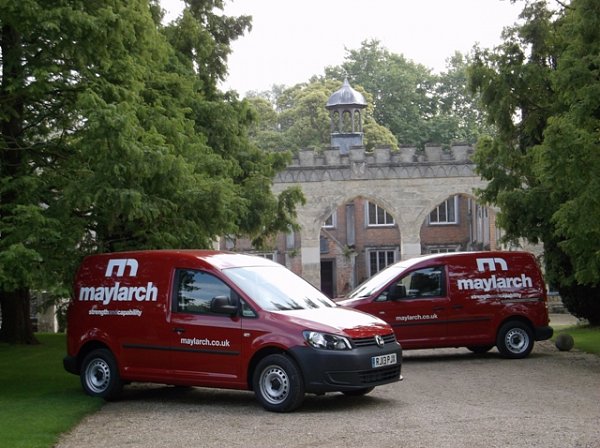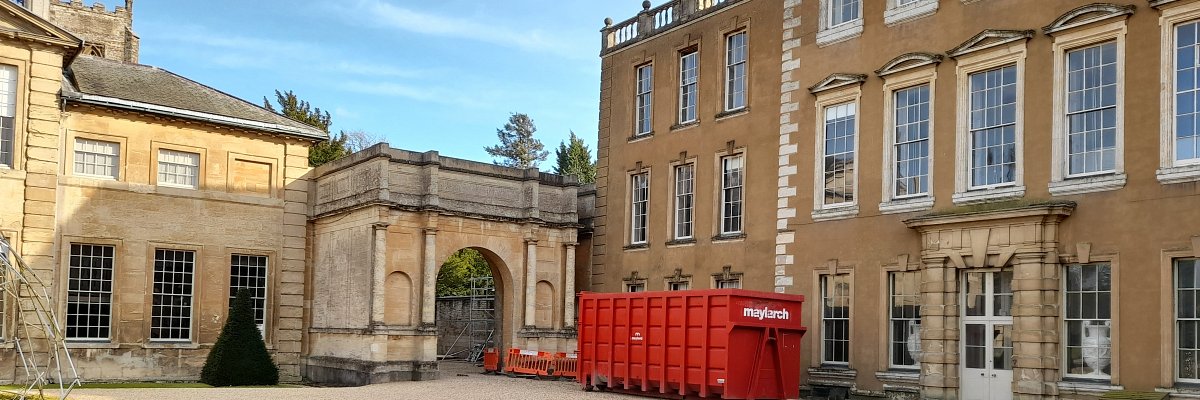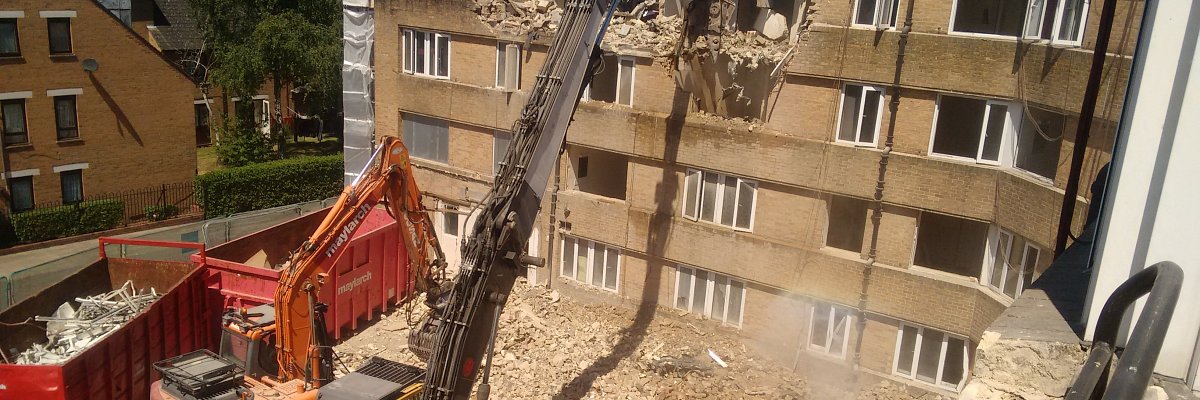Sustainability
We have been careful to create working environments (both site and office based) where the efficient use of resources has been adopted as a standard policy. At Maylarch, sustainability is a value that we apply to all aspects of the work we carry out. For us, being sustainable means looking after every single aspect of the impact of our activities.
We look to establish a Sustainable Culture and to build sustainable relationships:
With our Staff
Sustainability has been clearly embedded into our company culture and we look to our staff to embrace this ethos and help move us even further ahead in our aims to continue operating as a responsible and sustainable company.
Maylarch operates a certified IMS (Integrated Management System) which includes policies, procedures, objectives and other relevant documents to assist in creating awareness of environmental impacts and obligations, and identifying and communicating suitable measures to minimise these.
With our Clients
At Maylarch, we understand the wider responsibilities and requirements that our customers work under.
We consistent divert a high percentage of waste generated from our clients’ projects from landfill. This can include hazardous waste through careful planning, segregation on site and by using Pre-demolition Waste Audits.
To achieve this, we can:
- produce pre-demolition, refurbishment strip out waste audits.
- offer waste audits and solutions for all waste i.e. hazardous, active and inert and help clients produce and supply some of the information for their SWMPs.
- report on project waste/materials in CO2. We have worked with Oxford Brookes University’s Environmental Information Exchange to produce a project waste carbon calculator. This can help with understanding the overall carbon footprint of a project by reporting on the embedded carbon in the Demolition/Enabling Phase.
- provide full compliance on initiatives such as the Carbon Reduction Commitment, PAS:402, Green Compass and the Nottingham Declaration on Climate Change.
We are also keen to talk to designers and manufacturers of building products as well as architects to discuss how we can make buildings easier to recycle with a greater number of components that can be reused.


